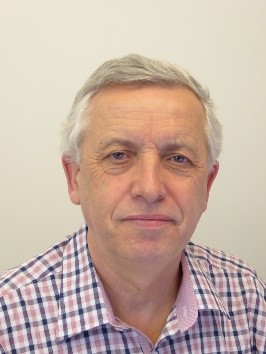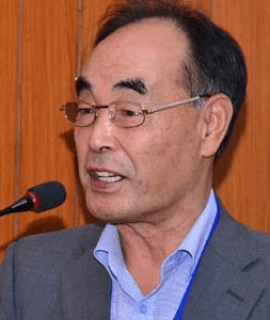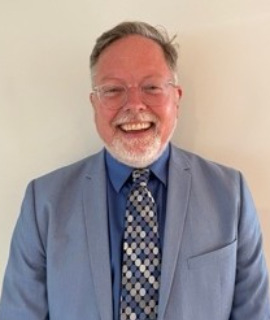CCET 2025 Welcome Message
Dear CCET 2025 Attendees,
I am delighted to invite you to the upcoming 20th Edition of the Global Conference on Catalysis, Chemical Engineering, and Technology (CCET 2025) to be held in Rome, Italy March 13-15, 2025. Unfortunately, over the past several years, dis-information about research, scientists, and companies has spread on social media – unchecked and undebated. This is not the scientific process. This has got to change and we must take back the days of in-person, rigorous scientific debate, not hidden behind social media platforms which don’t allow for such discourse.
Are your tired of the same old scientists giving the same old talks at traditional academic society conferences ? The same people winning the same awards ? How many times can we hear the same person giving the same talk and getting the same awards ? I, for one, think our research field is more diverse than this and needs to celebrate all of our voices. We must hear and embrace the wonderful plethora of new fresh ideas that all of us create to develop solutions to our most challenging problems.
CCET 2025 will do just this. CCET 2025 will bring together new and seasoned scientists, researchers, experts, students, industries and companies from around the world to discuss the latest in catalyst and chemical engineering research. By fostering proactive knowledge exchange and discussion, CCET 2025 will create a unique multidisciplinary environment for the interaction and collaboration related to catalysis and chemical engineering and technology covering topics such as catalysis and porous materials, catalysis in nanotechnology, catalysis for renewable resources, catalysis for energy, catalysts for health, environmental catalysis, green and sustainable chemistry, etc. These topics are timely and I am convinced that we will all develop new ideas to solve our most persistent sustainability, health, and energy global problems.
I look forward to welcoming you to CCET 2025 to collectively explore the next generation of research, driven by rigorous in-person scientific debate (not hidden behind social media) and led by our diverse research community with fresh ideas (not those speakers constantly regurgitating the same old ideas in traditional academic society conferences).




